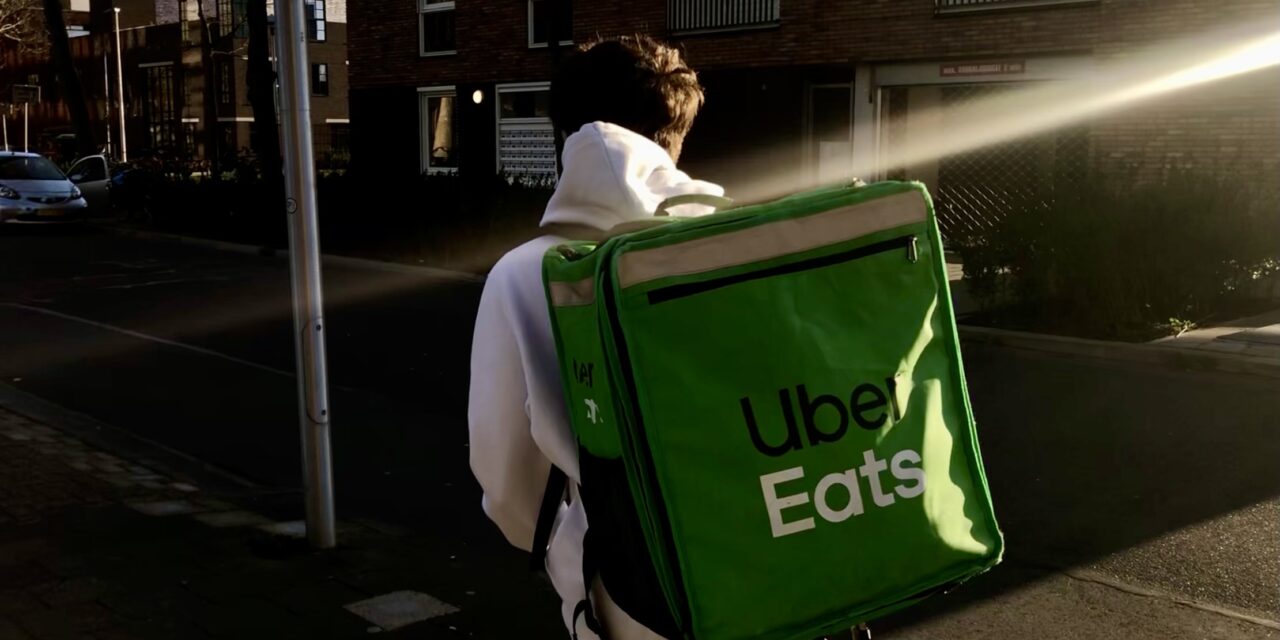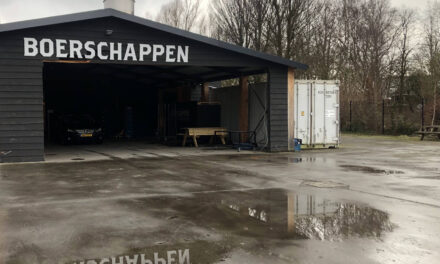It is no longer unusual to see people cycling around carrying a square backpack with the logo of a food delivery company. Every Monday its workers wait on their mobile phones for the company to publish the available shifts so they can choose which one best suit their needs. Delivery companies defend that delivery drivers are self-employed and have the freedom to choose when, how much and where they want to work, however, the reality is that riders have become “the new slaves of society, but in this case, the orders are given by an App,” explains the labour lawyer Alberto Bartret.
The huge demand for work, which has grown exponentially during the pandemic, has meant that food delivery workers are unable to cover the 20 to 25 hours a week needed to earn a wage that allows them to survive. In addition, the riders, “who have no employment contract and no private insurance to cover possible accidents” are forced to cover the targets and hours demanded by the company, otherwise “you are assigned fewer deliveries,” Bartret explains.
When it comes to accepting or rejecting an order, “the delivery driver’s autonomy is also minimal,” explains the labour lawyer, as they do not know where to take the order until they pick it up from the restaurant. “They dose the information,” he adds. The riders, who are paid per order, do not have enough information to know how long it will take to complete the order and whether it is worthwhile for them to accept it. In this way, “the app manages to limit their decision-making capacity,” explains Alberto Bartret.
Also, if a delivery driver decides to reject an order, the app will penalise him. Even though the choice of orders is one of the arguments most repeated by delivery companies to justify the freedom and independence of the riders, “if a delivery driver refuses to carry out a service, he may receive negative consequences such as being assigned fewer delivery hours,” Bartret explains.
Similarly, once a shift has been set, which is sometimes readjusted by the company, the delivery driver can only change it if it is covered by another colleague or if the change is authorised by the company. Otherwise, the rider will continue to own the shift and will be responsible for its fulfilment, and if the rider does not meet the targets set by the company, he/she will be assigned fewer deliveries.
“You say where, you say when,” the phrase used by Deliveroo, one of the largest delivery companies, to captivate potential future workers turns out to be a half-truth, as the method followed by the company demands a high level of dedication and exclusivity from delivery drivers. Riders have very limited autonomy as they “neither organise their activity, nor negotiate prices or conditions with the businesses they serve, nor receive payment from customers. They depend 100% on the company’s app to carry out their work, and their entire working day is at the disposal of the business and the platform,” explains Alberto Bartret. Despite Deliveroo’s philosophy of autonomy and freedom, when it comes down to it, it is the company that decides when deliveries can work, how much they can earn and where they can work.
To get a closer understanding of food delivery companies, which have become the new reality of today’s society, Miguel Moler, a young Spanish man who works at Uber Eats, has shared his point of view after two years working for the company.




